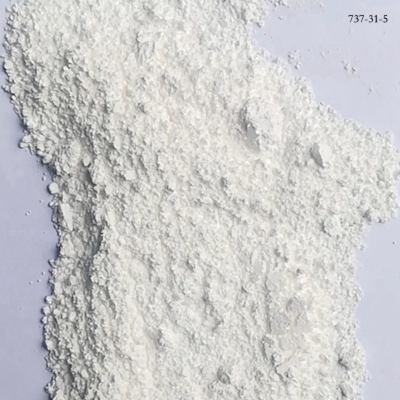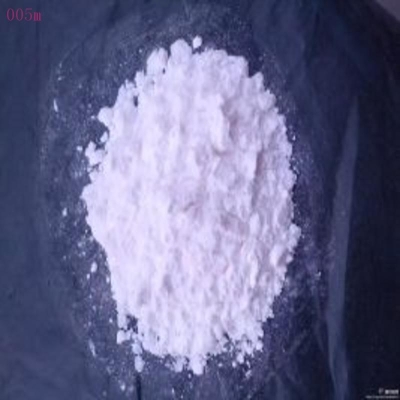-
Categories
-
Pharmaceutical Intermediates
-
Active Pharmaceutical Ingredients
-
Food Additives
- Industrial Coatings
- Agrochemicals
- Dyes and Pigments
- Surfactant
- Flavors and Fragrances
- Chemical Reagents
- Catalyst and Auxiliary
- Natural Products
- Inorganic Chemistry
-
Organic Chemistry
-
Biochemical Engineering
- Analytical Chemistry
-
Cosmetic Ingredient
- Water Treatment Chemical
-
Pharmaceutical Intermediates
Promotion
ECHEMI Mall
Wholesale
Weekly Price
Exhibition
News
-
Trade Service
CompileKe Ke
Roche President Bill Anderson (Bill Anderson) introduced in a conference call on Wednesday (April 21) that in the first quarter of 2021, the company’s biosimilar business sales were 1.
Once Roche’s best-selling "troika" Avastin, Herceptin and Rituxan are currently ranked third and sixth on the company’s best-selling drug list.
Avastin's sales during the quarter fell sharply by 42% to 863 million Swiss francs.
On the other hand, Roche also successfully launched the multiple sclerosis (MS) drug Ocrevus and declared that the drug is the sales champion.
At the same time, investors have high hopes for Roche's PD-L1 inhibitor Tecentriq, but Anderson tried to adjust the outside world's expectations for important new uses of Tecentriq in a conference call on Wednesday.
Roche recently released the results of a first-in-class positive study showing that Tecentriq can prevent postoperative recurrence or death in patients with early-stage non-small cell lung cancer.
Overall, Roche Pharmaceuticals’ sales reached 10.
Next week, the US FDA Advisory Committee will discuss two indications of Tecentriq.
In addition, despite the failure of these COVID assets, Roche continued to make progress during the COVID-19 pandemic in the first quarter of this year, especially in the diagnostics department.
Also in the first quarter, Roche acquired GenMark Diagnostics for US$1.
In terms of therapeutics, Roche emphasized the partnership with Regeneron.
Reference source:
Reference source:1.
1.
2.
Roche feels more biosimilar pain as exec pulls back expectations for Tecentriq in early lung cancer







